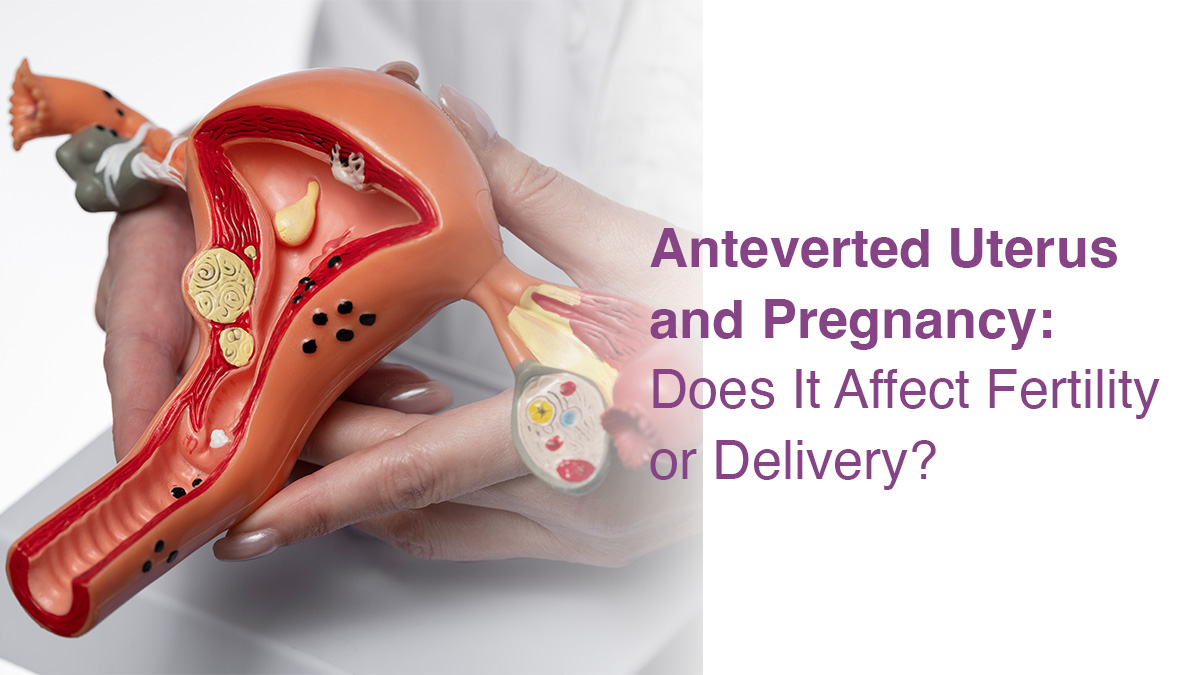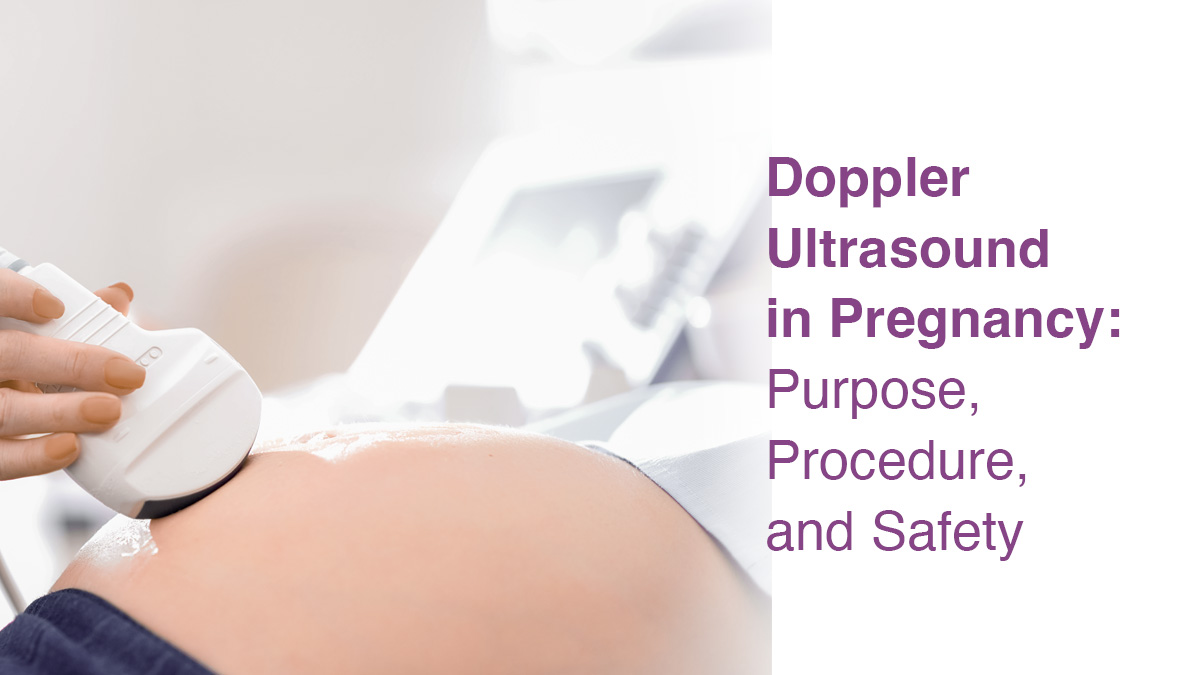
Understanding the Difference Between Hormones and Enzymes and Their Impact on Pregnancy

Pregnancy paves the way for many transformations in the body. Two main elements drive these changes: hormones and enzymes. From the beginning of pregnancy, hormones such as estrogen and progesterone take the lead, sustaining the pregnancy. At the same time, enzymes guarantee that the developing baby receives the necessary nourishment. Recognizing the differences between hormones and enzymes, their individual roles during pregnancy, and their influence on the expecting mother is crucial. This blog will help you in understanding these vital components and their effects on pregnancy.
What Are Hormones?
Hormones are chemical messengers made by the endocrine glands to manage different body tasks. They zip around the body via the bloodstream, directing organs and tissues with jobs like growth, metabolism, and reproduction. Hormones have a significant role during pregnancy, with key players like estrogen, progesterone, and human chorionic gonadotropin (hCG).
Estrogen: This hormone, responsible for regulating the menstrual cycle, increases significantly during pregnancy. It promotes fetal development, enhances blood flow to the uterus, and supports the placenta.
Progesterone: This hormone maintains the uterine lining and prevents contractions in early pregnancy. It also prepares the breasts for lactation and supports fetal development.
hCG: Produced initially by the embryo and later by the placenta, hCG helps maintain progesterone production and supports the corpus luteum.
What Are Enzymes?
Enzymes are proteins that speed up vital biochemical reactions. These reactions aid digestion, metabolism, and other body functions. During pregnancy, enzymes have a critical role. They break down nutrients and create molecules required for the growth of the fetus.
Digestion of Nutrients: Certain enzymes assist in splitting proteins, fats, and carbs into nutrients we can absorb. These nutrients are crucial for a growing baby in the womb.
Essential Synthesis: Enzymes also contribute to the synthesis of nucleic acids, amino acids, and fatty acids, which are crucial for the development of fetal tissues and organs.
Difference Between Hormones and Enzymes
Understanding the difference between hormones and enzymes is crucial, as each plays a unique role:
Nature:
Hormones are chemical messengers, while enzymes are biological catalysts.
Mode of Action:
Hormones travel through the bloodstream to target organs, whereas enzymes work at their specific site to speed up reactions.
Reactions Regulated:
Hormones regulate broader physiological processes like growth and reproduction, while enzymes regulate biochemical reactions like digestion and metabolism.
Role of Hormones in Pregnancy
Hormonal changes during pregnancy support a wide range of processes that sustain both the mother and the fetus:
Uterine Lining Preparation:
Progesterone maintains the uterine lining, providing a stable environment for the fetus.
Placenta Development:
Hormones like hCG and estrogen are crucial for placenta development, which nourishes the fetus.
Fetal Growth:
Estrogen and progesterone regulate fetal growth by promoting the development of various organs and systems.
Common hormonal changes in pregnancy can lead to:
Nausea and Vomiting:
Often known as morning sickness, rising hCG levels can trigger this.
Mood Swings:
Changes in hormone levels can cause mood swings, particularly in the first and third trimesters.
Body Changes:
Increased estrogen and progesterone levels lead to changes in breast size, skin pigmentation, and hair growth.
Role of Enzymes in Pregnancy
Enzymes are critical for supporting pregnancy through their involvement in metabolism and other physiological processes:
Nutrient Absorption:
Digestive enzymes help break down food into essential nutrients that nourish both the mother and the fetus.
Gestational Diabetes:
Changes in metabolism during pregnancy can affect insulin and enzyme activity, potentially leading to gestational diabetes.
Detoxification:
Liver enzymes are crucial for detoxifying substances that could harm the developing fetus.
Managing Hormonal and Enzymatic Changes During Pregnancy
Managing changes in hormones and enzymes during pregnancy is crucial for maternal and fetal health:
Hormonal Changes Management:
- Maintain a balanced diet rich in vitamins, minerals, and proteins.
- Engage in regular, moderate exercise to stabilize mood and energy levels.
- Get help from doctors if you face challenges maintaining your mental health. This is important.
Enzyme Management for Good Health:
- Eat foods that help enzymes work well. These include fresh fruits, veggies, and whole grains.
- Check blood sugar often to prevent or treat pregnancy diabetes.
- Drink lots of water to help enzymes work right and for good overall health.
Final Thoughts
It is key to know the difference between hormones and enzymes. This helps you see their unique but connected roles during pregnancy. By understanding their impacts and taking steps to manage changes, expecting moms can have a healthier pregnancy for themselves and their babies.


fill up the form to get a
Free Consultation
Avail 0% interest on EMI
All Procedures | No Upper Limit
Frequently Asked Questions
Are enzymes also hormones?
What are the best enzymes for pregnancy?
Which hormone is high during pregnancy?
How we reviewed this article:
- Current Version
- July 26, 2024 by Oasis Fertility
- May 24, 2024 by Oasis Fertility
- May 23, 2024 by Oasis Fertility





